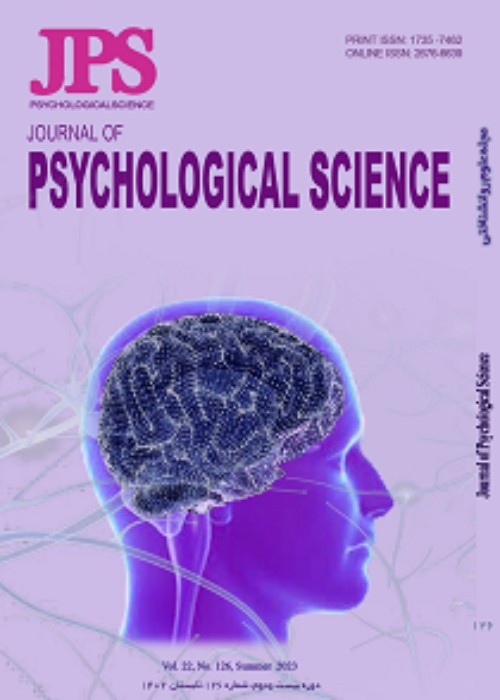The effectiveness of mindfulness-based and motivational interviewing group therapy on pain self- efficacy and distress tolerance in patients with multiple sclerosis
Multiple sclerosis (MS) can affect the quality of life in individuals with this illness by posing numerous nervous disorders. Clearly, there is a gap in studying the efficacy of educational programs about pain self-efficacy and distresses tolerance in patients with MS.
In this study, the aim was to investigate the difference between the efficiency of mindfulness-based group therapy and motivational interviewing efficiency regarding pain self-efficacy and distresses tolerance in patients with MS.
This quasi-experimental study was conducted using a control group pre-test, post-test, and follow up design. The population included all patients with MS who were referred to Shahid Vafaee center in Boroujen, Iran, by 2019. Among the 138 patients with MS, a total of 36 were selected through convenience sampling and placed in the experimental and control group via using the random assignment method. An intervention program (Kabat-Zinn et al., 1992) associated with mindfulness-based group therapy was held for 12 sessions, each session lasted 90 min. For the experimental group, the researcher held 12 sessions of 90 minutes using motivational interviewing group therapy (David Rosengren, 2005). The instruments used in this study were the pain self-efficacy questionnaire (Nikolas, 2007) and the distress tolerance questionnaire (Simons and Gaher, 2005). To perform data analysis, an analysis of variance on repeated measure design was used via SPSS software version 22.
It was found that both the mindfulness-based group therapy and the motivational interviewing group therapy were significantly correlated with the pain self-efficacy variable (p=0.002). Another significant association was also found between the distresses tolerance variable and both mindfulness-based group therapy and the motivational interviewing group therapy (p=0.001). Yet, there was seen no significant difference between the efficiency of mindfulness-based group therapy and that of the motivational interviewing group therapy in the pain self-efficacy and distresses tolerance of patients with MS. The present study showed that both mindfulness-based group therapy and motivational interviewing group therapy improve the rate of pain self-efficacy and distress tolerance in MS patients. Throughout the process of mindfulness- and motivational interviewing group therapy, patients learn to become aware of their mental processes through behavioral, cognitive, and metacognitive strategies. Such a process also helps them improve their pain self-efficacy and distresses tolerance.
the mindfulness-based group therapy and the motivational interviewing group therapy can effectively influence the pain self-efficacy, tolerance, distresses tolerance, and experiential avoidance of patients with MS.
- حق عضویت دریافتی صرف حمایت از نشریات عضو و نگهداری، تکمیل و توسعه مگیران میشود.
- پرداخت حق اشتراک و دانلود مقالات اجازه بازنشر آن در سایر رسانههای چاپی و دیجیتال را به کاربر نمیدهد.




